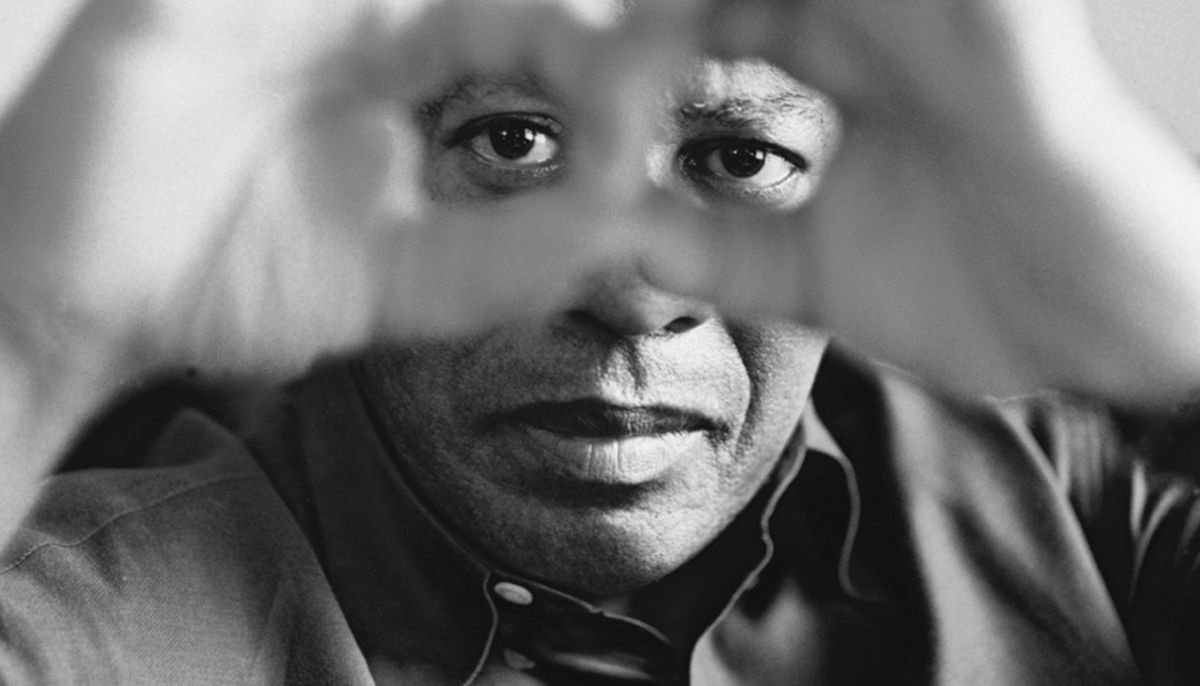Concurrent with Buddhism’s emerging influence on classical composers, jazz artists were finding that the focus created by a meditation practice were opening new creative doors. Pianist Herbie Hancock, reed players Wayne Shorter and Bennie Maupin, and bassist Buster Williams are all practitioners of Nichiren Buddhism; singer Tamm E. Hunt is a Mahayana Buddhist; Joseph Jarman of the famed Art Ensemble of Chicago was a Jodo Shinshu priest.
Without meditation, one of the genre’s towering achievements might never have been committed to tape. As the story goes, John Coltrane was meditating one early morning when the form and motif of his album, A Love Supreme, arose fully formed in his mind. Similarly, jazz legend Wayne Shorter produced a late-career three-disc masterwork, Emanon, reflecting his practice of Nichiren Buddhism.
Jazz drummer Jerry Granelli says: “I didn’t come to the dharma looking to be a better musician. I’d accomplished most of what I’d hoped for. But I didn’t know how to be a human.” At 80, the jazz drummer and music-and-meditation teacher is as vital and inventive as any artist could hope to be. (For a deeper dive into Granelli’s work – what he calls his “rhythm painting,” check out his playlist: This Is Jerry Granelli 2020.)
As a jazz musician, he made a name for himself young. That’s the 22-year-old Granelli drumming on Vince Guaraldi’s beloved “Linus and Lucy,” the Peanuts’ theme song. He played with the likes of Carmen McRae, Bill Evans, and Sly Stone, but by the time he met his teacher, Chögyam Trungpa, in the early 1970s, he was at a crossroads: tired, and perhaps even “done with music forever.” But Trungpa Rinpoche told him, “no, no, that’s where your real stuff will come up.”
Putting that openness and focus to work, these pioneers in jazz helped set the stage for whole new generations of genre-busting, Buddhist-inspired music.
